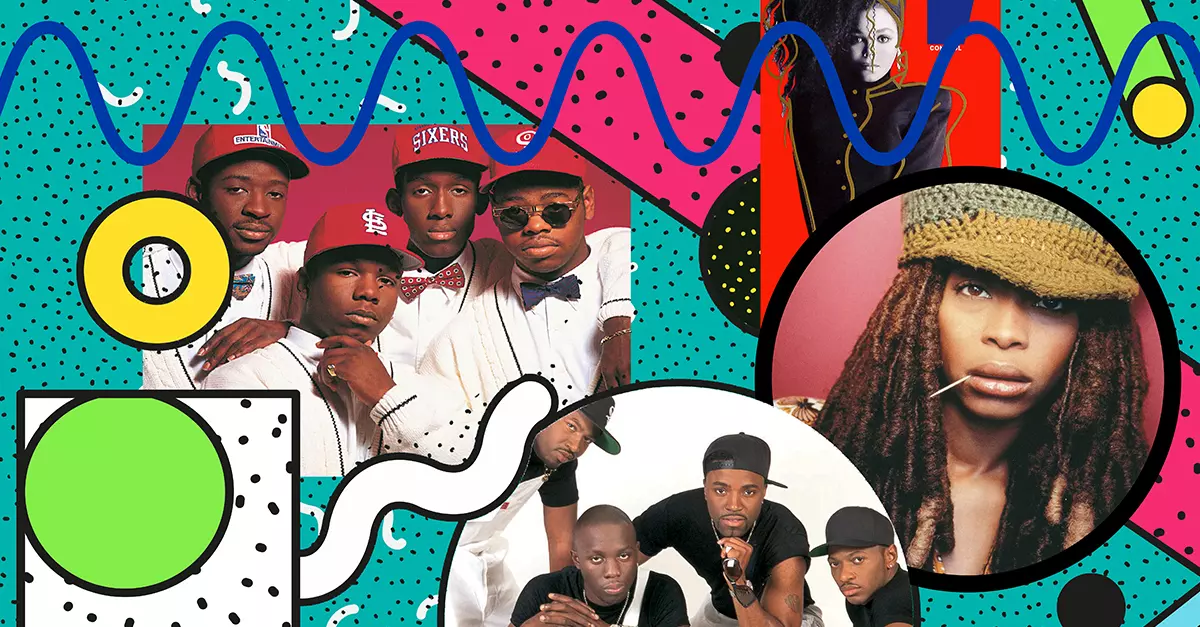
Since then, he has sold millions of records and won scores of awards for a brand of gospel that blends secular sounds with an uplifting devotional message. The show was a stop along Franklin’s latest tour, “20 Years in One Night.” The tour’s title had rounded down the years ever so slightly: Franklin released his first album in 1993. Sometimes, as if overtaken by joy, he simply leaped into the air and landed on the beat. Then he broke into a survey of recent dances made viral by teens on Vine and Snapchat: the Milly Rock, the Hit Dem Folks, the Dab. During the down-home numbers, he turned his back to the crowd and waved his hands in the direction of the singers, a slightly comic invocation of the Baptist choir director’s showily precise control. Cradling the microphone stand near the lip of the stage, he wiggled his feet like James Brown and drew miniature scallops with his hips, then galloped from one side of the stage to the other, like a sanctified Springsteen. He wore white pants with black racing stripes, a long black shirt, and, around his neck, a neatly knotted red bandanna. He is short-five feet five on tiptoe-and has friendly features: sleek eyes with penny irises, arched eyebrows, a mouth that rests in a grinning pout, taut balloons for cheeks. & B., hip-hop to arena rock, and he accentuates this fact by offering audiences a flurry of accompanying bodily references.

Franklin’s music is rife with recognizable influences, from traditional Southern gospel to R.

FAITH EVANS YOU USED TO LOVE ME ORIGINAL SAMPLE SERIES
During “I Smile,” a bouncy, piano-propelled anthem to joyful resilience against life’s troubles, Franklin punctuated the chorus with a rhythmic series of shouts: “I smile”-“Yes!”-“Even though I’m hurt, see, I smile”-“Come on!”-“Even though I’ve been here for a while”-“Hallelujah!”-“I smile.” The theatre had the grandeur of a cathedral: blood-red velvet curtains framed the stage golden ceilings, patterned with blue-and-purple paisleys, soared over vaudeville-era balconies and plush seats. When I first saw Franklin perform live, last spring, at the newly renovated Kings Theatre in Brooklyn, he stood at center stage, spotlit, rasping out preachy interjections whenever his singers paused for breath. But a hype man is, by definition, a sidekick, and while most of the sound in Franklin’s music comes from elsewhere-usually, a band and an ensemble of singers-he is always and unquestionably the locus of its energy and intention. Diddy) Combs-hop around onstage, slightly behind and to the side of the lead m.c., addressing the microphone in order to ad-lib or to reinforce punch lines as they rumble by. The best hype men-Flavor Flav, Spliff Star, the early Sean (P. Above all, he is a songwriter, but in performance and on his albums his role more closely resembles that of a stock character in hip-hop: the hype man. He plays the piano, but only intermittently onstage, more to contribute to the pageantry than to show off his modest chops. Franklin, forty-six, is the most successful contemporary gospel artist of his generation, but he isn’t a singer.

It’s hard to describe in a word what Kirk Franklin does for a living. Photograph by Brent Humphreys for The New Yorker Franklin (seated) blends secular sounds with an uplifting devotional message.


 0 kommentar(er)
0 kommentar(er)
